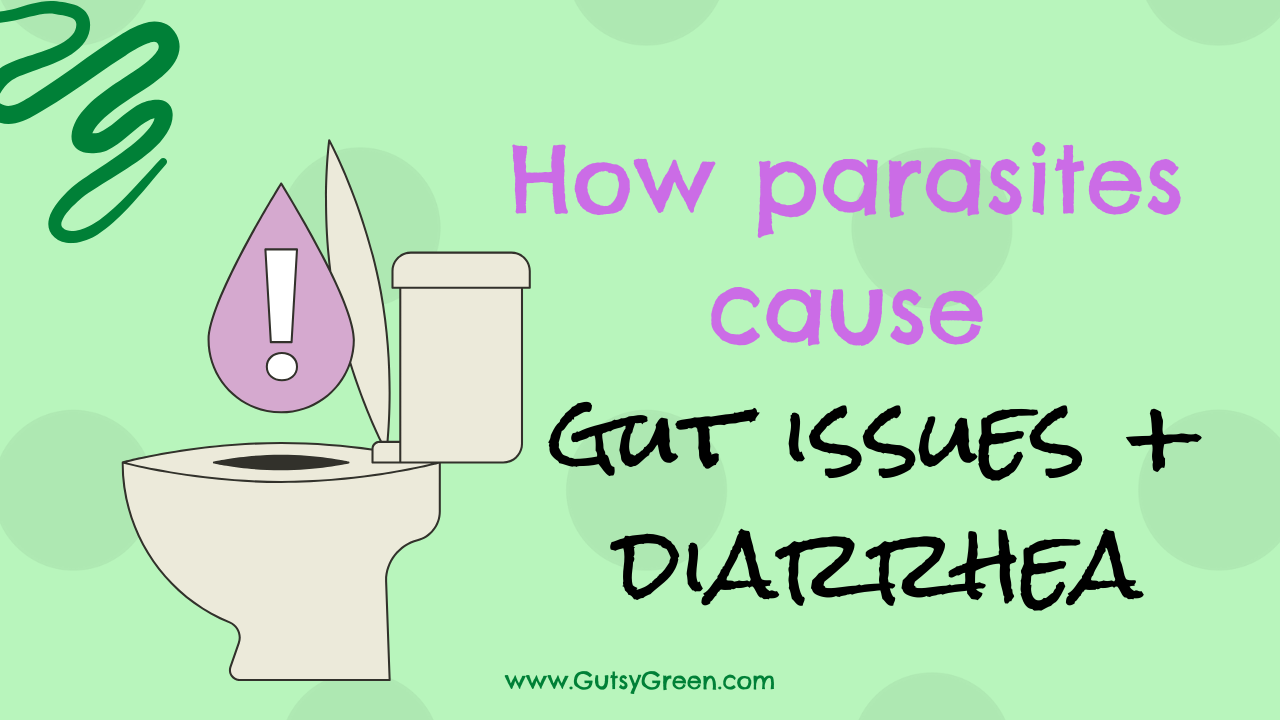Stop using Apple Cider Vinegar for low stomach acid and do this instead
Feb 22, 2021
I don’t mean to poo-poo the medicinal properties of Apple Cider Vinegar – there are many divine uses for this magical health elixir!
However, despite its (growing) cult following, I never suggest using ACV as a digestive stimulant or to augment low levels of stomach acid.
Especially when a much less dangerous and effective option is available that is just as easy, if not more so. More on that later.
Here’s why it’s on my no-no list:
1) ACV is very acidic and caustic, and thus, its contact with tissue should be limited.
When you drink a few sips of ACV before your meals, as is widely touted across the inter-webs as the end-all-be-all easy digestive fix for you-name-it-symptom… you’re exposing your mouth, esophagus, and stomach tissue to the irritating liquid.
Now, for the vast majority of people who present with symptoms of low stomach acid (i.e. burning symptoms, belching, bloating, bad breath, etc.), they, nearly by default, also suffer from a compromised protective mucosa.
The mucosa is the body’s mucous membrane that secretes liquid to protect the vulnerable epithelium from the potent acidity of the digestive juices.
The stomach is the only organ built to withstand these juices, and even then, only in the presence of a robust mucosa.

However, if this mucosa layer is compromised, the tissue is already inflamed.
And exposing this inflamed tissue to the acids of ACV will undoubtedly exacerbate the issue.
More burning is a given in these scenarios – and actually, is a very common reaction reported by those who try to implement ACV regularly (look it up). Especially if this habit is carried out on a long-term basis.
As a side note: continuously exposing your teeth and, by extension, enamel to this acid is also quite abrasive and will likely erode your enamel over time, creating increased tooth sensitivity and fragility.
If I were you, I wouldn’t risk all of this damage to use ACV!
2) ACV isn’t very strong, and not sufficient for most people with impaired stomach acid levels.
Unfortunately, here in America we tend to be severely low in digestive secretions (welcome to our brave new world where 1 in 2 people has been diagnosed with a chronic illness – yep, that’s real).
While ACV can provide a modest acidity boost for those with mild deficiency, it’s just not potent enough to pack the therapeutic punch that we likely need – and can easily get from our trusted method of augmenting stomach acid (which we’ll get to in a moment).
Sometimes this leads to those who are in need of more support trying to drink more and more ACV per meal in order to try to increase the acid benefit they obtain - but this leads to trouble when you consider how irritating ACV can be on the gut, especially in high amounts.
Really, what is needed is a non-liquid form of digestive support that doesn’t douse our mouth and esophageal tissue in damaging acid on the way down to the stomach, but that also provides a stronger dose when it arrives in the stomach.
3) ACV doesn’t address the root of the problem.
Toxins and nutritional deficiencies serve as a major driver of chronically low stomach acid levels. And a little known secret is that this creates a positive feedback loop.

1) Nutritional deficiencies reduce the body’s natural abilities to produce stomach acid.
2) And low stomach acid reduces the amount of nutrients you can glean from your food.
3) The lower net nutrition exacerbates the nutrient deficiencies.
And the cycle continues.
ACV temporarily augments the stomach acidity level – but this is imprecise and fairly temporary.
The likelihood that it is enough change to impact any real nutrient absorption is low.
Therefore, taking ACV is not going to result in your body naturally recalibrating and producing acid again via replenished nutrient stores.
It’s a Band-Aid at best, and dangerous at worst.
OK, hopefully by now we get it. ACV is a flawed way to tackle this low stomach acid problem. So now let’s talk about what to do instead.
Instead of using ACV – which requires too much caustic contact with sensitive tissue, is relatively weak in its mechanism, and fails to address the root cause of nutrient deficiencies – the only way to properly address your stomach acid levels is to use the S.A.F.E. method.
The S.A.F.E. method is the clear front-runner when compared with ACV because it:
1) Soothes the fragile tissue in the mouth, esophagus, and stomach
2) Uses strong enzymes to achieve symptom abatement without exposing your tissue to dangerous acid
3) Facilitates healthy movement in the GI so that digestion speeds up and tissue has less contact with acid
4) Addresses the toxin presences that suppress stomach acid so that endogenous production naturally kicks in
Stomach acid correction can often go sideways when tools like ACV or Betaine HCl enter into the picture.
However, there is a way to go through this process in a safe way that accounts for your own health history and symptom presentation. To learn more about my 4-step S.A.F.E. method, read about it here.
To understand exactly why I never recommend using a traditional HCl Challenge, check out this article.
Confused about whether or not you need to think about fixing your stomach acid? Consider taking our free quiz all about whether or not you have low stomach acid.







